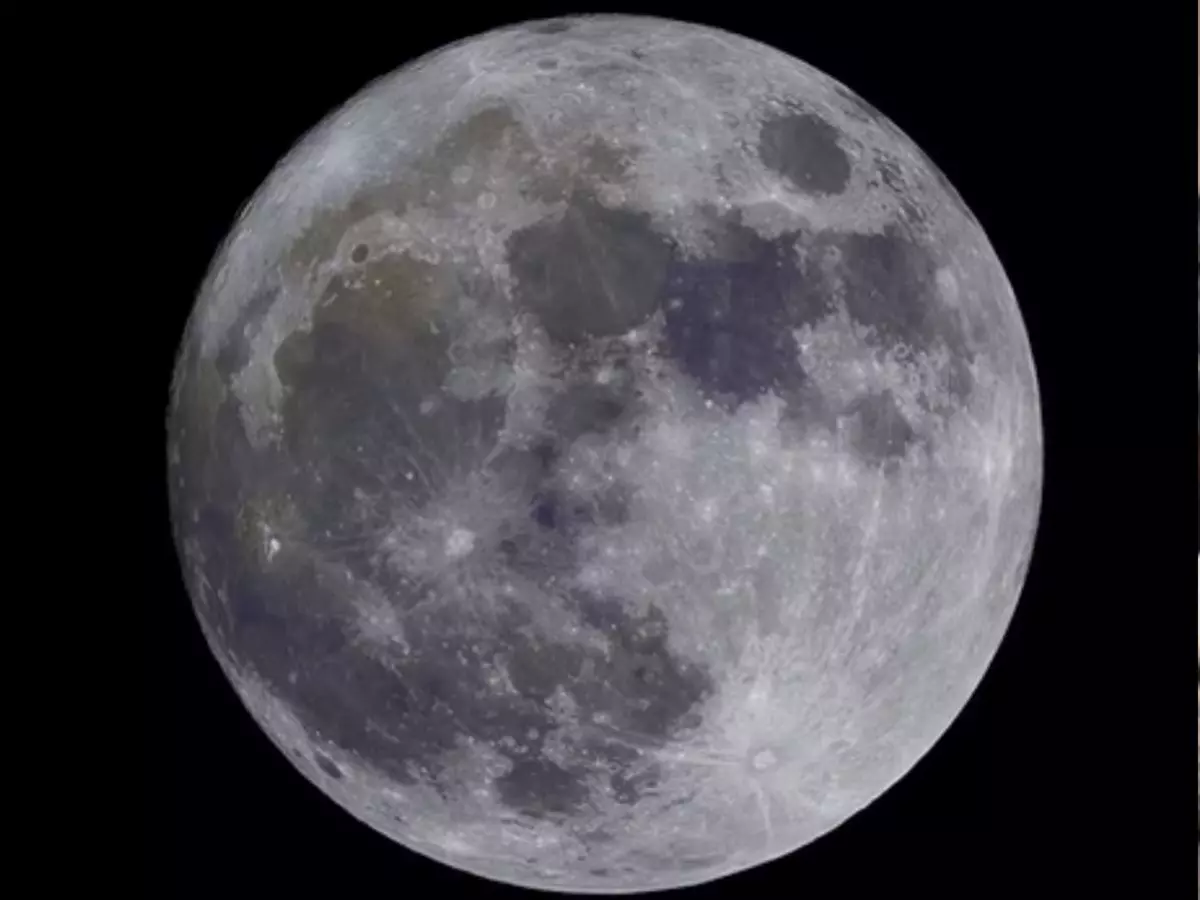Scientists Find A Lost Piece Of Moon Orbiting Dangerously Close To Earth
A piece of Moon is lingering close to Earth right now, locked in orbit around Sun. The piece reportedly broke off the Moon in a collision hundreds of years ago

A piece of the Moon is dangerously close to Earth, scientists have found. Named Kamo'oalewa and discovered in 2016, the asteroid remained elusive until now.
Scientists are now convinced that the rocky object is actually a fragment of the Moon that broke away after an ancient collision, a study published in Nature Communications Earth and Environment revealed.
 NASA
NASA
The size of a Ferris Wheel
Situated about 14 million kilometres away from Earth, the object is locked in orbit around the Earth and Sun. About the size of a Ferris Wheel, the object is so faint that it requires some really powerful tech to be observed.
Also read: Mars Had Saturn-Like Rings Which Will Appear Again, Thanks To Its Moon Phobos
In fact, its discovery as a fragment of the Moon was a complete accident, as most space discoveries are. While observing space using the Large Binocular Telescope on Mount Graham in Arizona, scientists found that reflected light from Kamo'oalewa showed characteristics of lunar rocks from NASA's Apollo missions.
To be sure, astronomers compared the light with reflections off near-Earth asteroids to no avail. A fragment of the Moon made more sense. This revelation has been overdue, for astronomers first set their eyes on the object in April 2020, but faced delays due to the ongoing Covid-19 pandemic.
In an unusual orbit
The object is also in an unusual orbit. Based on its movement, scientists have ascertained that the object did not arrive from the rock-heavy belt between Mars and Jupiter.
 NASA
NASA
With this discovery, Kamo'oalewa has become the first piece of Moon floating in space. It seems that it was broken off from the Moon in a collision that took place about 100,000 and 500 years ago - which is relatively recent in space time.
Also read: ISRO Chandrayaan-2 Detects Presence Of Water Ice On Moon¡¯s Polar Regions
Even then, the truth could be entirely different. But for now, scientists are convinced that a violent collision broke apart Kamo'oalewa, pushing it into Earth's orbit.
 NASA
NASA
What do you think about this space object lingering near space? Let us know in the comments below. For more in the world of technology and science, keep reading Indiatimes.com.
Citation
Sharkey, B. N. L. (2021, November 11). Lunar-like silicate material forms the Earth. . . Communications Earth & Environment.
